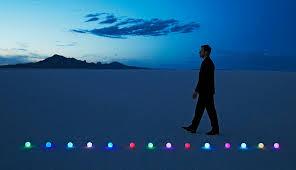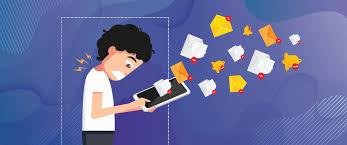Enforced solitude and its advantages
The current pandemic has us facing one of our biggest fears: staying alone, dealing with our own emotions and thoughts. However, this situation has also a great deal of advantages. While in self-isolation, we can use this time to improve ourselves by discovering new hobbies or just developing skills we have already gathered, cultivating our mind through reading. In fewer words, we finally have the time to learn how to deal with ourselves. And this is always a good thing.
169
723 reads
CURATED FROM
IDEAS CURATED BY
The idea is part of this collection:
Learn more about personaldevelopment with this collection
How to handle conflicts
How to identify and regulate emotions
How to develop self-awareness
Related collections
Similar ideas to Enforced solitude and its advantages
The so-called 'FOMO'
FOMO (fear of missing out) refers to almost everything that, as humans, we have always been afraid to miss out on: luxurious travels, expensive goods, delicious food.
While dealing with the current pandemic, we can finally take a break from this fear, as no one has all the above-mention...
Read & Learn
20x Faster
without
deepstash
with
deepstash
with
deepstash
Personalized microlearning
—
100+ Learning Journeys
—
Access to 200,000+ ideas
—
Access to the mobile app
—
Unlimited idea saving
—
—
Unlimited history
—
—
Unlimited listening to ideas
—
—
Downloading & offline access
—
—
Supercharge your mind with one idea per day
Enter your email and spend 1 minute every day to learn something new.
I agree to receive email updates

